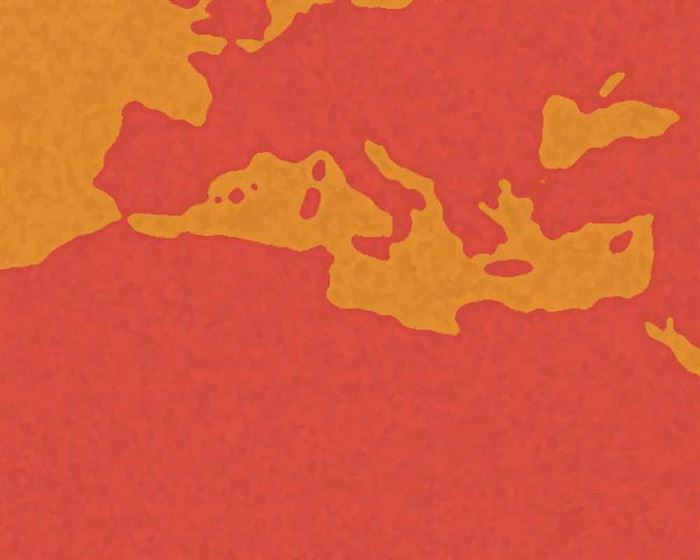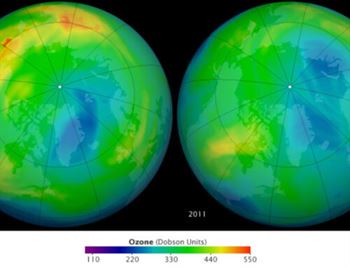How climate change has affected the current global refugee crisis
29/11/2016
Tiempo de lectura: 4 minutos
The most common image of a current refugee is a Syrian citizen fleeing from war and persecution with little money and no place to go. Another image is a middle eastern citizen fleeing from extremism, possibly already influenced by extremism and spreading it to the west. However, this image could not be more wrong.
In 2006 Syria and other parts of the middle east experienced the worst recorded drought in history. Most of the Syrian population were originally farmers who made a decent wealth and lifestyle. Others were water farmers and drillers, who would harvest ground water. Before the drought farmers would drill as little as 100-200 meters below the surface in order to find water, however by the end of the drought in 2011farmers were drilling up to 700 meters. This was due to the sinking of the water table in the winter of 2006-2007, an issue that is continuing across the world.
Due to the drought 1.5 million farmers and others from rural areas migrated into cities. Syria’s city’s had already experienced an influx of migrants after the US invasion of Iraq. This led to further overcrowding of water and food supplies creating social turmoil which could be argued contributed to the 2011 protests.
However, it is possible to argue that this crisis was partially of Syria’s governments making. The Assad government controlled Syria militantly, however, some what stable for around 40 years. However, during the water shortage, the government stopped farmers creating new wells and made them drill in wells that had already been dug. This caused more strain on the water table. This situation led to further government and official corruption as for a vast payment farmers were able to drill new wells. Many farmers were arrested and imprisoned for drilling new wells without permits.
Due to these conditions, social turmoil grew as more people migrated from to urban areas. Eventfully in 2011 protests broke out creating a nasty war which still continues to this current day. The question is, however, is how much is climate change to blame for this? Is it possible that climate change which veritably caused the drought in Syria was responsible for the protests which eventually led to the refugee crisis today? It is clear the crisis was not solely created by the drought as the Assad regime is one of a strict authoritarian rule and the rise of ISIS in the region made life worse. However, it is clear that climate change and the drought was an influencing factor.
More research has opened up in recent years into climate change and migration. It is expected that soon many countries will see an increase in migration from the Pacific islands due to rising sea levels These migrants could be classed as climate change refugees. However, under the Geneva convention and international refugee law, the definition of a refugee is only someone fleeing their home from the risk of persecution. This, therefore, means there is no definition for those fleeing their homes due to issues such as droughts and rising sea levels.
The term climate change refugee could also become a dangerous term for refugees who also fall into those fleeing persecution.
Research now suggests that if current gas emissions continue we will see more migration from areas such as the middle east and Sub-Sahara Africa. Before the current crisis, most fleeing from natural disasters and climate change effects stayed in their own countries, however, due to the rising political tensions most now choose to move to other states and nations. John Kerry had previously painted a post-apocalyptic vision of climate change with the middle east, primarily Syria as a vision for the rest of southern Europe and the meditation. Other figures such as Prince Charles have put the pin for the current crisis on climate change, stating that the signs for political issues were there during the drought.
Overall it is clear that climate change is not the sole reason for the current refugee crisis. However, there is a small percentage of refugee’s ad migrants who are immigrating solely due to climate change. Others are migrating due to political factors and persecution, despite a clear and distinct link with climate change. It is possible over the next few decades that the situation could worsen due to harsher environmental conditions across the middle east. It is also possible that the environmental situation in Syria could spread across the middle east and Europe.








